Uncovering the Location of Guam on a Map: A Comprehensive Guide
Related Articles: Uncovering the Location of Guam on a Map: A Comprehensive Guide
Introduction
In this auspicious occasion, we are delighted to delve into the intriguing topic related to Uncovering the Location of Guam on a Map: A Comprehensive Guide. Let’s weave interesting information and offer fresh perspectives to the readers.
Table of Content
Uncovering the Location of Guam on a Map: A Comprehensive Guide
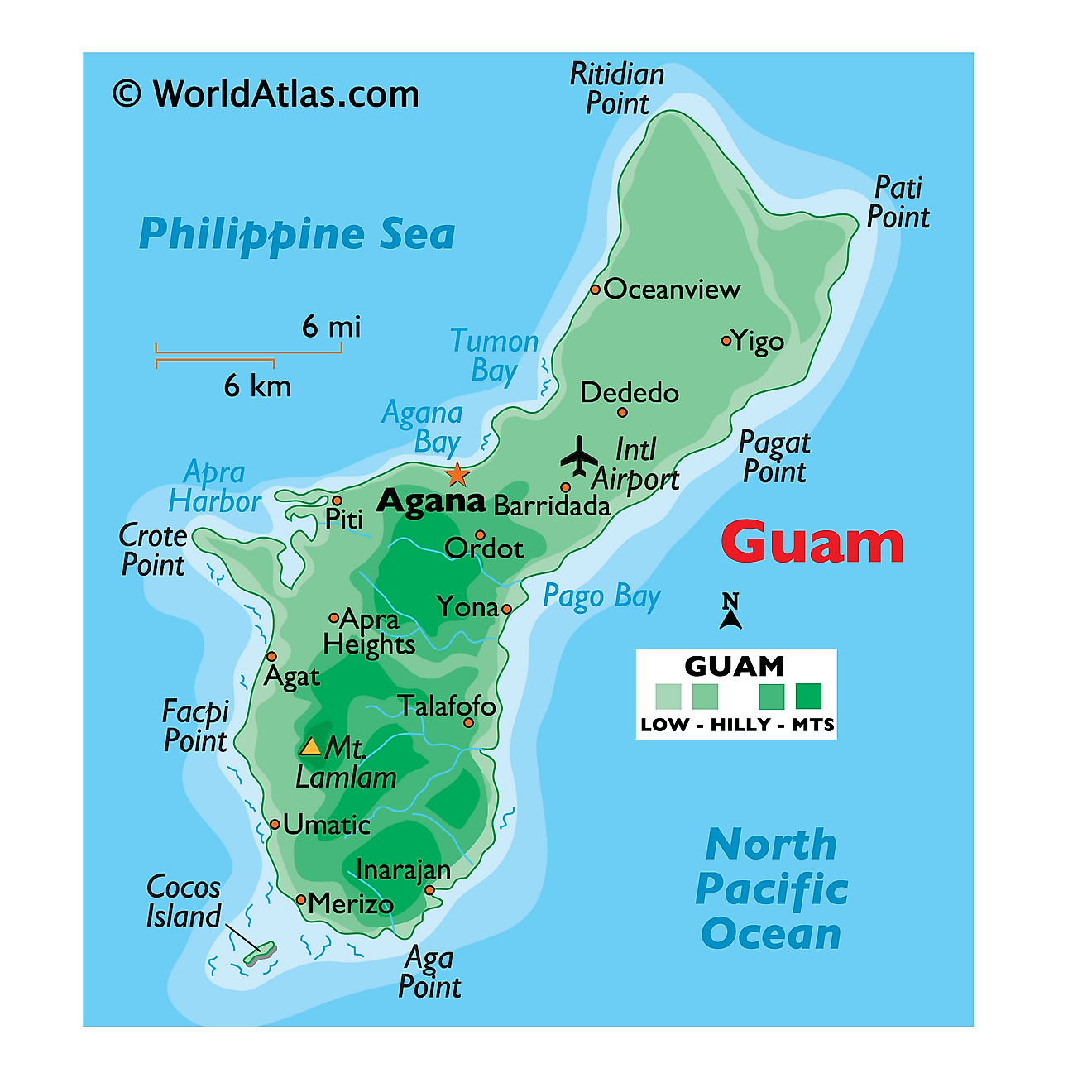
Guam, a vibrant U.S. territory nestled in the heart of Micronesia, is a destination of immense cultural and historical significance. Its strategic location in the western Pacific Ocean has played a pivotal role in shaping its unique identity and rich heritage. For those seeking to understand the geographical context of Guam, a map serves as an invaluable tool. This guide delves into the intricacies of locating Guam on a map, highlighting its importance and offering valuable insights into its geographical significance.
Understanding the Map’s Language
Maps utilize a standardized system of symbols, colors, and lines to represent geographical features. Understanding these conventions is crucial for effective map reading. Key elements include:
- Scale: Represents the relationship between distances on the map and actual distances on the ground.
- Legend: Provides a key to the symbols and colors used on the map.
- Latitude and Longitude: A grid system used to pinpoint locations on the Earth’s surface. Latitude lines run horizontally, while longitude lines run vertically.
Identifying Guam’s Position
To pinpoint Guam on a map, the following steps are essential:
- Focus on the Pacific Ocean: Guam is situated in the western Pacific Ocean, a vast expanse of water encompassing numerous islands and archipelagos.
- Locate the Mariana Islands: Guam is the largest island in the Mariana Islands, a chain of volcanic islands extending from the northern tip of the Philippines towards the north.
- Identify the specific number or label: Depending on the map’s level of detail, Guam may be represented by a number, label, or both.
The Importance of Guam’s Location
Guam’s strategic position has made it a vital hub for trade, transportation, and military operations. Its location:
- Connects Asia and the Americas: Guam’s proximity to Asia and the Americas has facilitated trade and cultural exchange.
- Serves as a key military base: Guam houses a significant U.S. military presence, playing a crucial role in regional security.
- Offers access to vital shipping routes: Its location near major shipping routes makes it a strategic point for international trade.
Exploring the Benefits of Understanding Guam’s Location
Comprehending Guam’s geographical position offers numerous benefits, including:
- Enhanced understanding of its history: Understanding its location helps decipher its historical significance and cultural influences.
- Improved travel planning: Knowing Guam’s location aids in planning efficient travel routes and understanding its proximity to other destinations.
- Greater awareness of its role in global affairs: Recognizing its strategic importance sheds light on its role in international politics and regional security.
FAQs: Navigating the Map of Guam
Q: Is Guam part of the United States?
A: Guam is a U.S. territory, meaning it is under the jurisdiction of the United States but does not have full statehood.
Q: What is the capital of Guam?
A: The capital of Guam is Hagåtña (formerly known as Agana).
Q: What language is spoken in Guam?
A: The official language of Guam is English, but Chamorro, the native language, is widely spoken.
Q: How do I find Guam on a map?
A: Look for the western Pacific Ocean, locate the Mariana Islands, and identify the largest island, which is Guam.
Tips for Locating Guam on a Map
- Use a detailed map: A map with a high level of detail will make it easier to pinpoint Guam’s location.
- Consider using online mapping tools: Interactive maps allow zooming and panning, making it simpler to locate specific places.
- Familiarize yourself with geographical features: Understanding the surrounding islands and bodies of water will aid in locating Guam.
Conclusion: Guam’s Location – A Gateway to Understanding
Guam’s location on a map is more than just a geographical point. It represents a confluence of history, culture, and strategic importance. By understanding its position within the Pacific Ocean and the Mariana Islands, we gain a deeper appreciation for its unique identity and the vital role it plays in the global landscape. Whether for travel, historical exploration, or gaining a broader understanding of the world, the map serves as a powerful tool for unlocking the secrets of Guam’s location and its enduring significance.
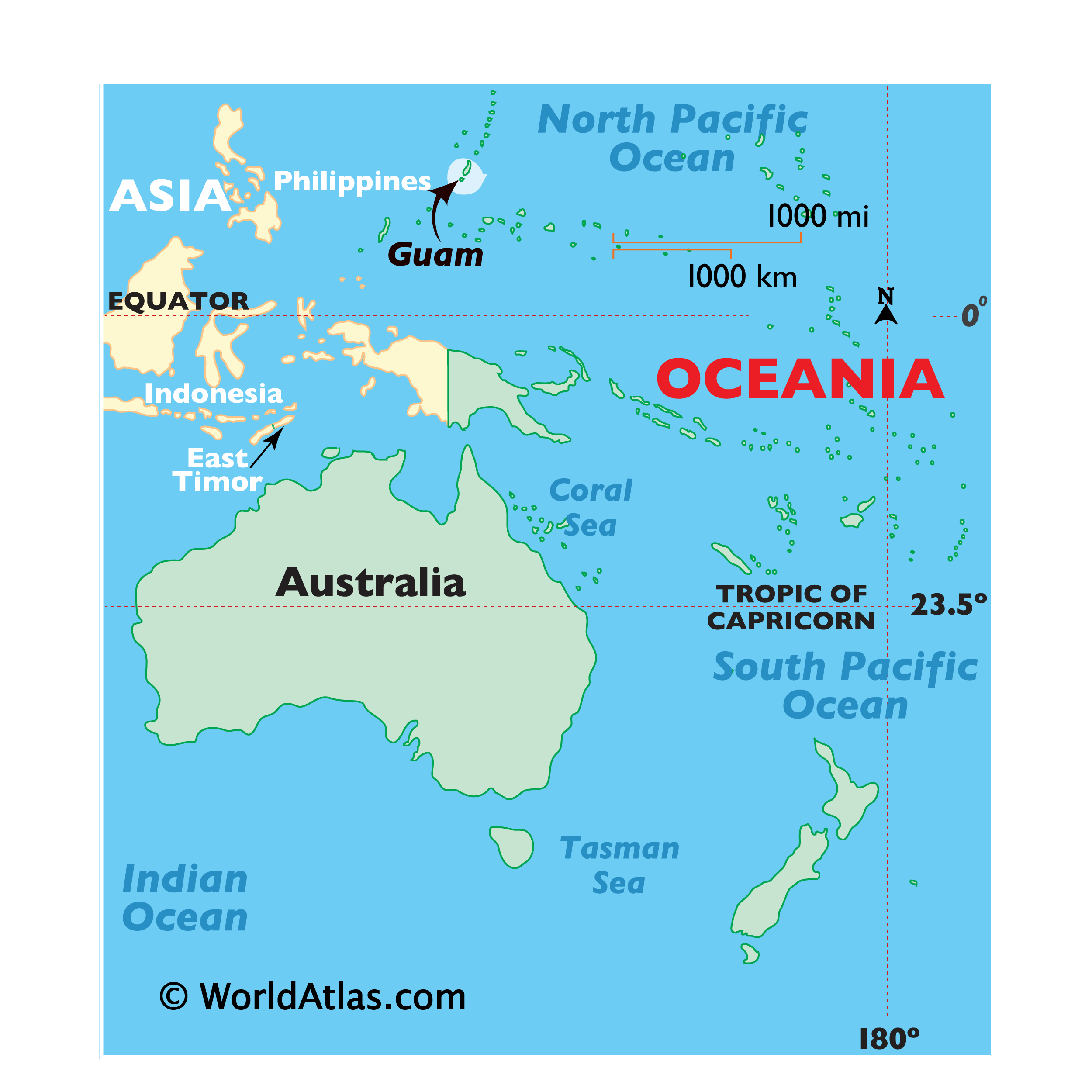
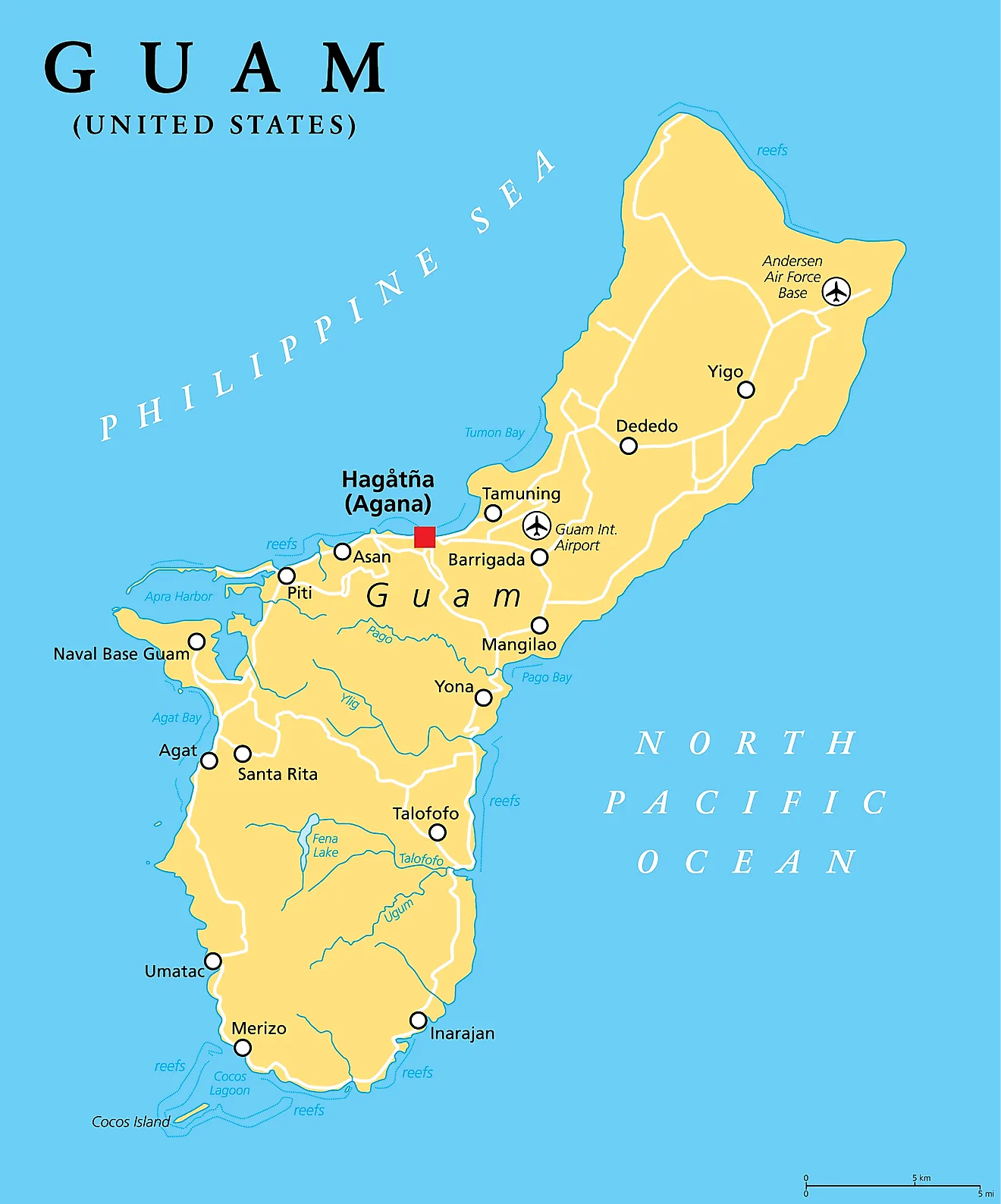


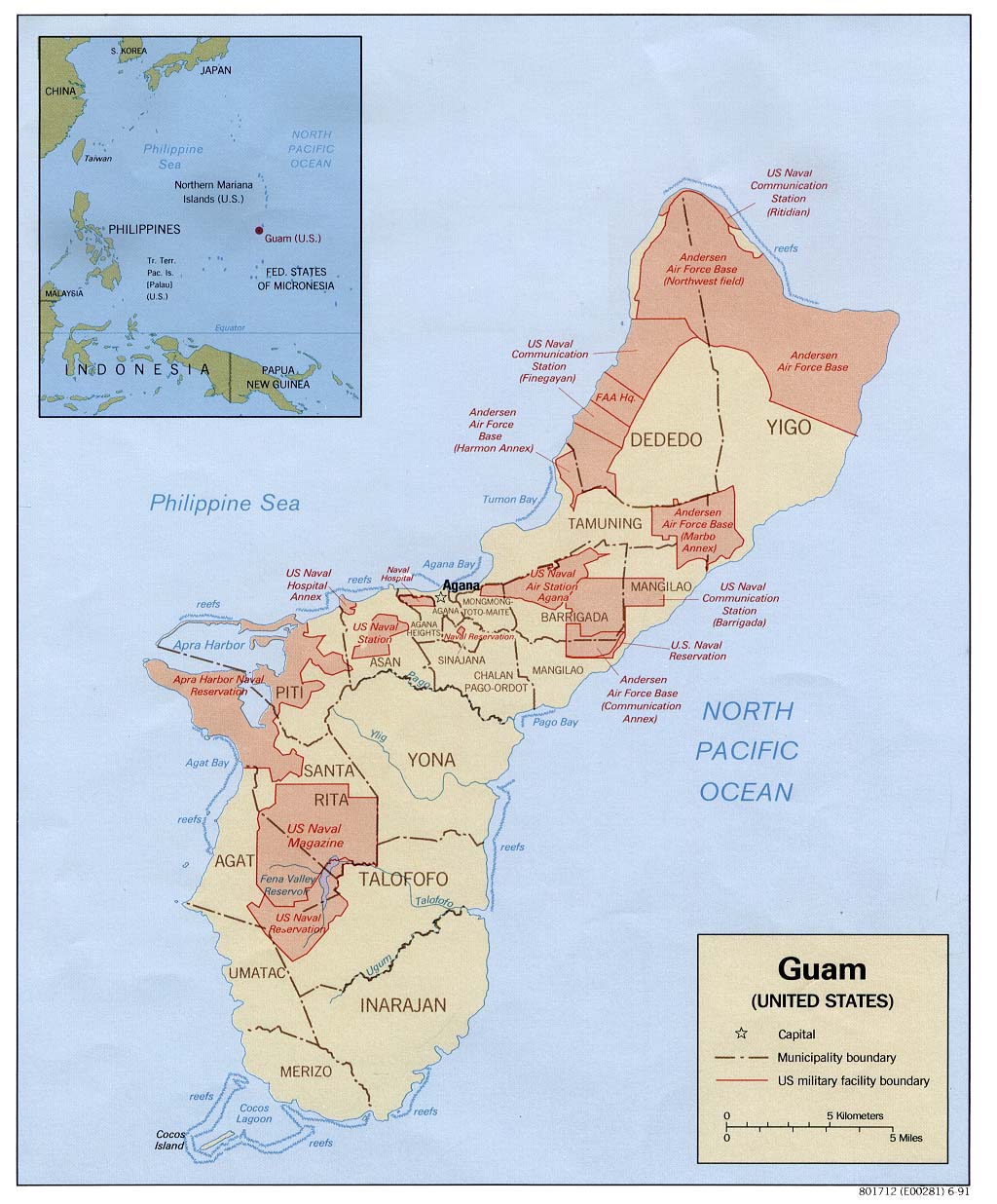
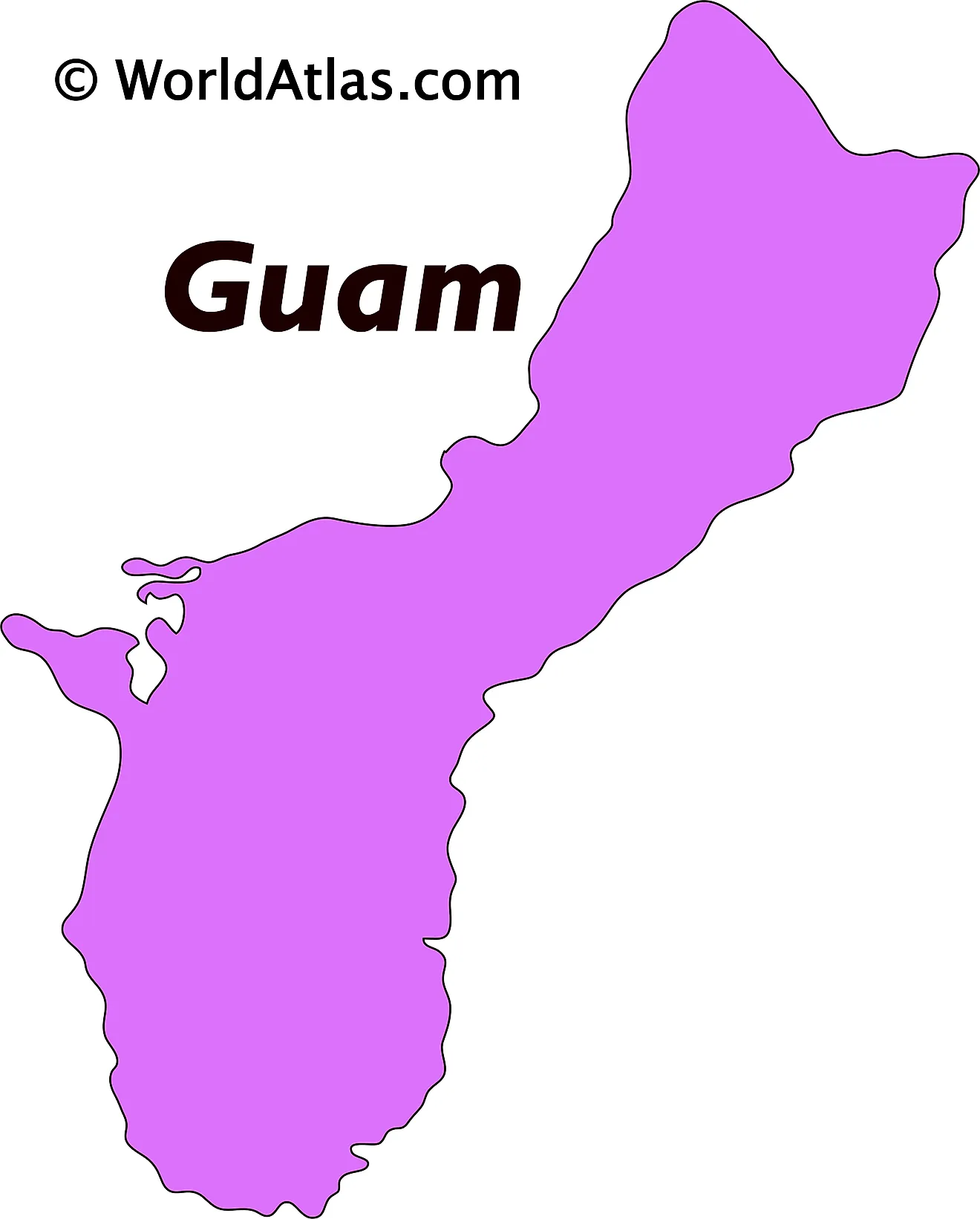

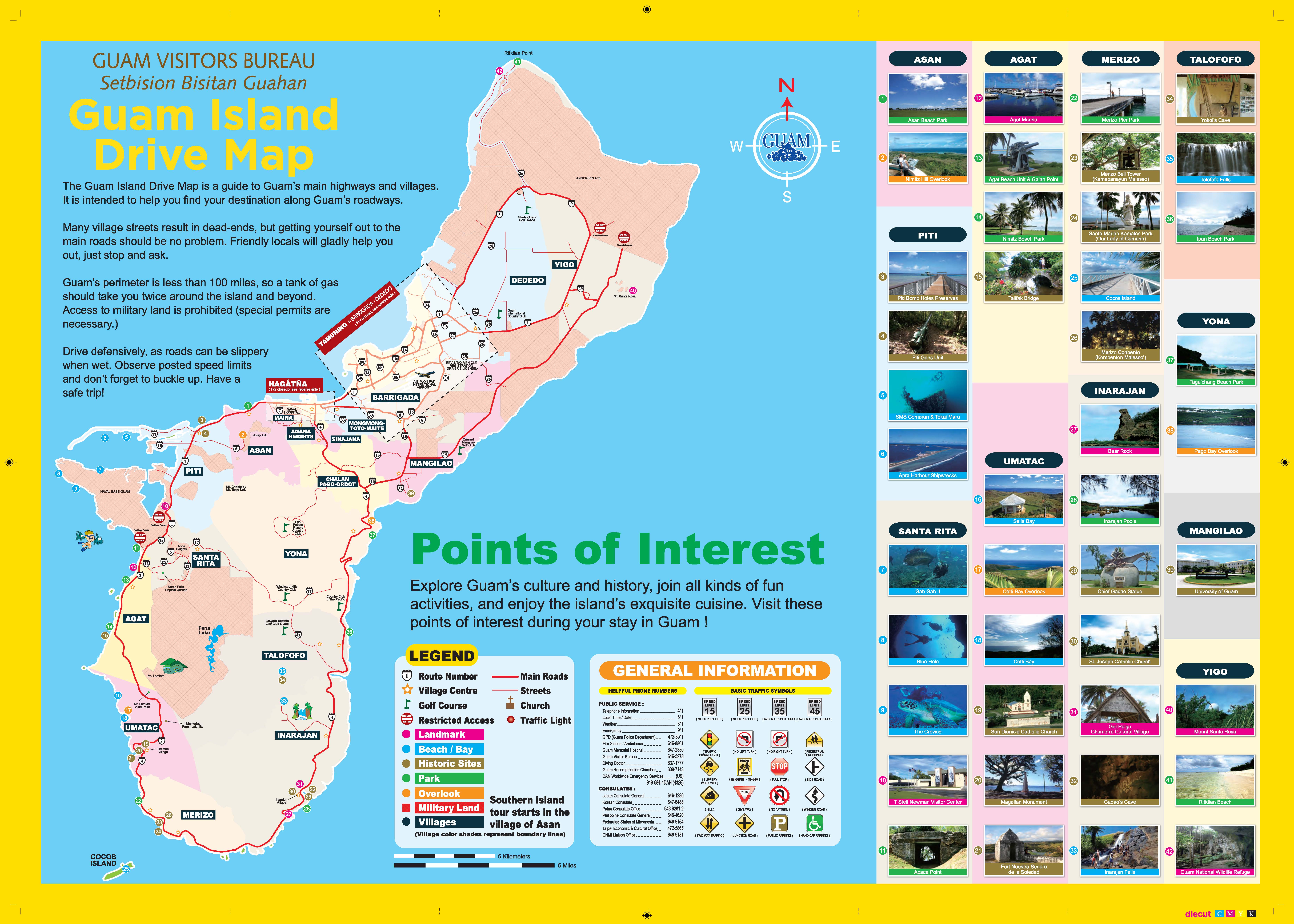
Closure
Thus, we hope this article has provided valuable insights into Uncovering the Location of Guam on a Map: A Comprehensive Guide. We appreciate your attention to our article. See you in our next article!